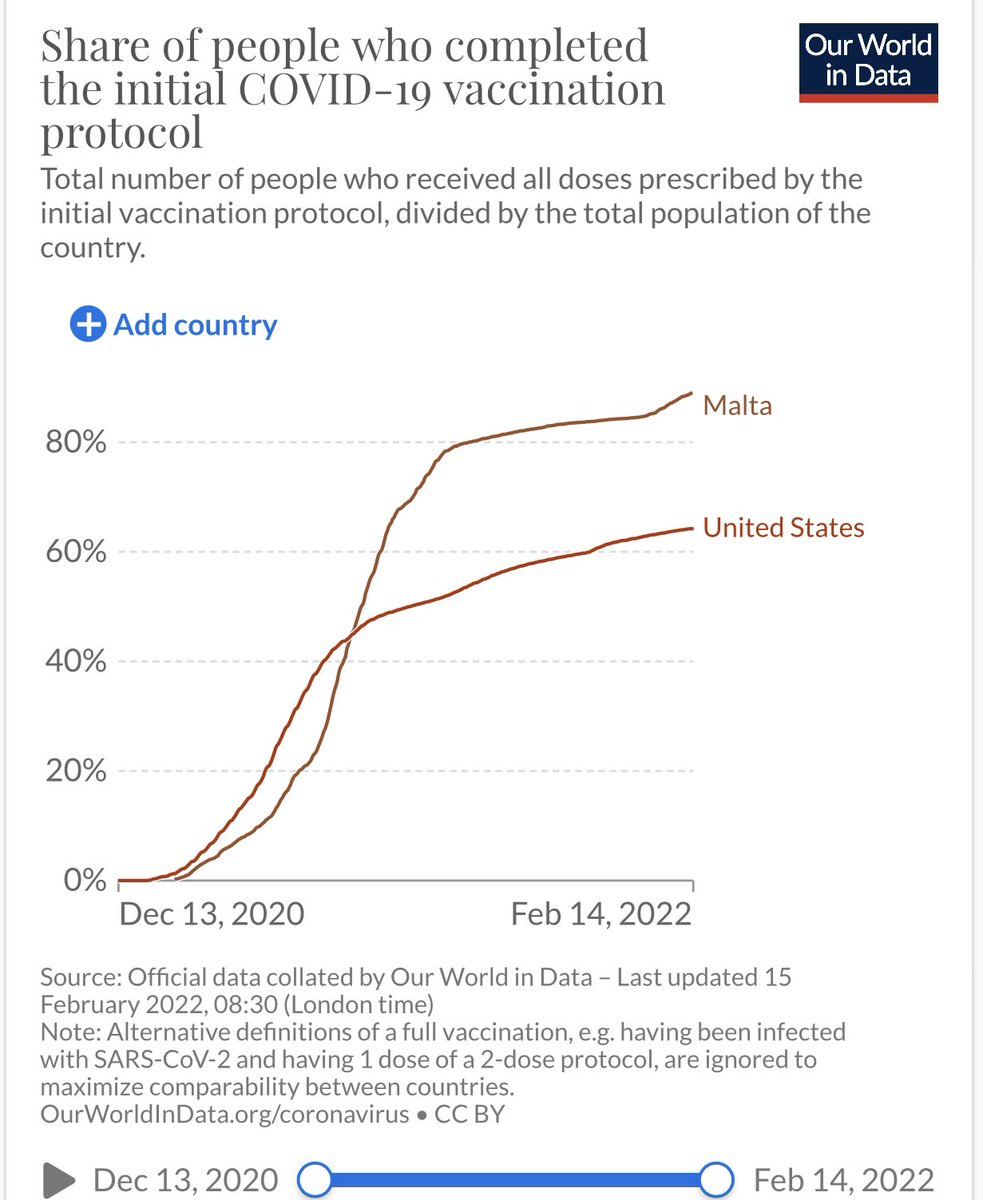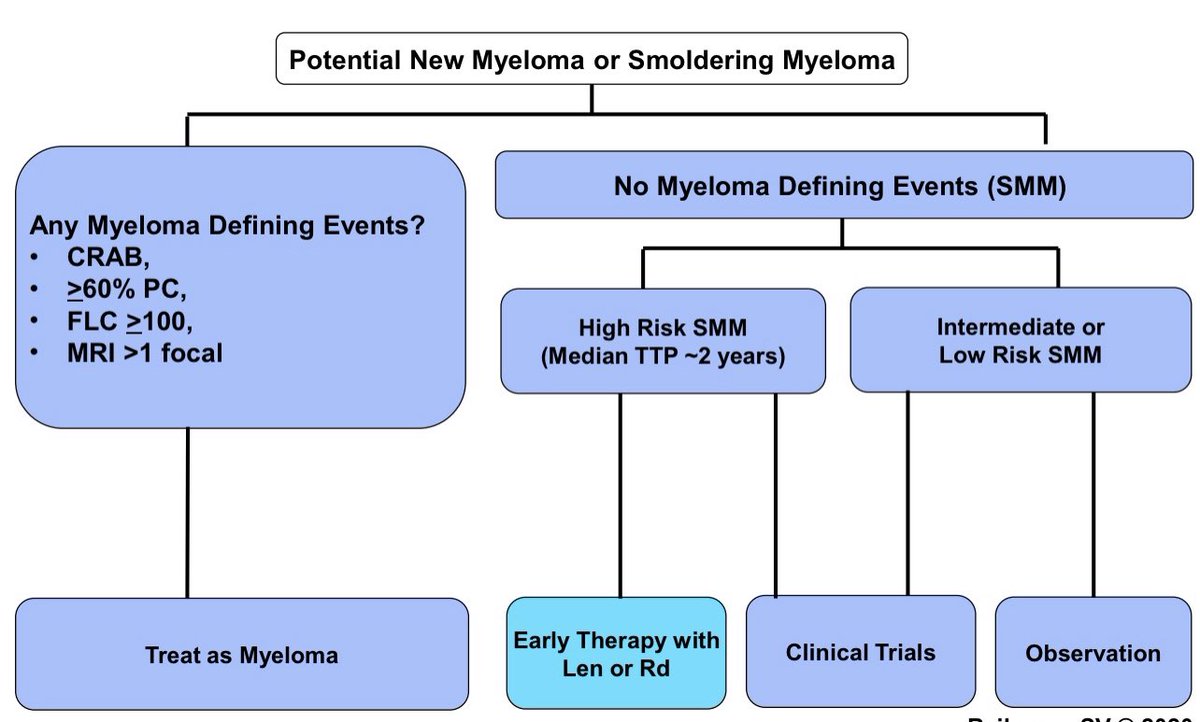
Paxlovid results out in @NEJM
89% reduction in risk of hospitalization or death. Oral therapy for 5 days in people at high risk of severe Covid. The graphs look impressive. nejm.org/doi/full/10.10…
89% reduction in risk of hospitalization or death. Oral therapy for 5 days in people at high risk of severe Covid. The graphs look impressive. nejm.org/doi/full/10.10…

I also like the succinct summary of competing treatments (molnupiravir, monoclonal antibodies, remdesivir) for the same patient population at the end of the discussion.
Puts the results of this trial in context.
Puts the results of this trial in context.

Good discussion ins the editorial also about the trial, relative risk reduction vs absolute risk reduction. nejm.org/doi/full/10.10…
Also note the trial was done in unvaccinated. The risks of severe disease in fully vaccinated and boosted is much lower. So what effect paxlovid will have in this group and whether it will have the same relative magnitude of benefit is not clear.
One of the key messages we have tried to tell people is that even if everyone is going to get Covid at some point there is a benefit to not getting it early; and to try and delay it as much as possible with preventive measures.
Because with times outcomes improve.
Because with times outcomes improve.
With time vaccines, monoclonals, and now paxlovid have reduced the risk of harm.
So a high risk person getting Covid now has a much better odds of survival than before. The outcomes improve slowly but surely.
So a high risk person getting Covid now has a much better odds of survival than before. The outcomes improve slowly but surely.
• • •
Missing some Tweet in this thread? You can try to
force a refresh
















